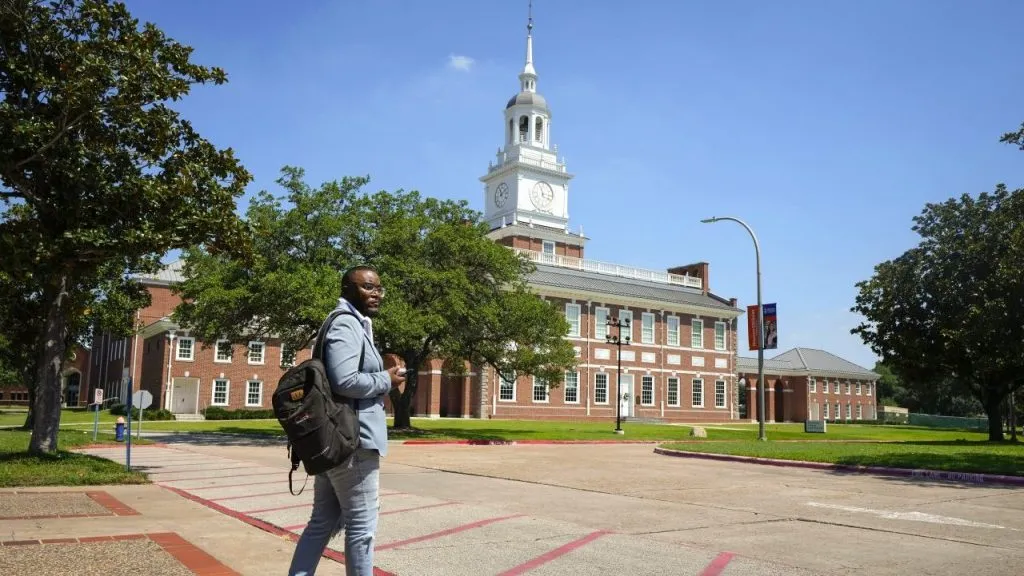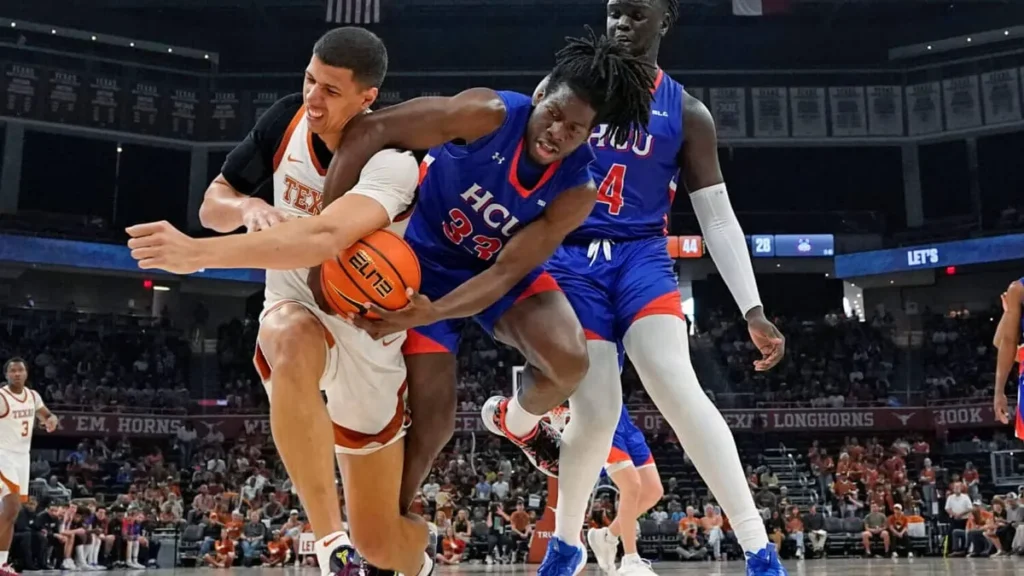Table of Contents
Introduction
The legal drama between House v. NCAA just took an unexpected turn with a recent decision. In this high-profile case, Houston Christian, a notable player in the collegiate sports arena, tried to get involved by filing a motion to intervene. But the court has just slammed the door on their bid. So, what does this mean for everyone involved?
House v. NCAA centers around some pretty significant issues that could change the way college sports are regulated. The case originally sprang from complaints about NCAA policies and their impact on athletes and institutions. Houston Christian, keen on influencing the outcome, saw an opportunity to make their case directly in court.
By filing their motion to intervene, Houston Christian aimed to have a say in the proceedings, arguing that they had a stake in the outcome. This move could have affected the case’s direction and possibly led to changes in NCAA regulations. However, the judge has decided otherwise, denying their request.
Understanding this ruling is crucial because it not only impacts Houston Christian’s strategic plans but also the overall progress of House v. NCAA. The decision might seem like a legal technicality, but it’s a big deal for those watching how collegiate sports policies might evolve. Stay tuned as we dive deeper into the court’s ruling and what it means for the future of this case.

Background on House v. NCAA
Overview of the Case
House v. NCAA isn’t just any lawsuit—it’s a game-changer in the world of college sports. The case revolves around challenges to the NCAA’s policies, with the plaintiffs arguing that these rules have unfairly affected athletes and colleges. Essentially, they’re questioning whether the NCAA’s regulations are too restrictive or unjust, and they want the court to address these issues.
Key Parties Involved
The case features several key players. The plaintiffs are the individuals or entities challenging the NCAA, seeking to bring to light any unfair practices and push for changes. On the other side, the NCAA is defending its policies and practices against these allegations.
Significance of the Case
The stakes in this case are high. If the plaintiffs succeed, it could lead to significant changes in how college athletics are regulated. This might include new rules on how athletes are compensated or how colleges manage their sports programs. The outcome could set important precedents for the future of college sports.
Houston Christian’s Role
Houston Christian’s interest in this case shows how important the outcome is to various stakeholders. They believed their involvement could influence the case’s direction. However, with their recent motion to intervene denied, their role in shaping the outcome has been sidelined for now.

Houston Christian’s Motion to Intervene
Details of the Motion
Houston Christian’s motion to intervene in House v. NCAA was their attempt to become a part of the legal proceedings. By filing this motion, they sought to directly influence the case, arguing that they had a significant interest in the outcome. The motion was essentially a formal request for the court to allow them to participate and present their own arguments and evidence.
Arguments Presented
In their motion, Houston Christian put forward several key arguments. They claimed that their involvement was crucial because they had a unique perspective or stake in the case. They likely argued that their participation could offer valuable insights or contribute to a more comprehensive examination of the issues at hand. By presenting their case for intervention, Houston Christian hoped to impact the court’s decisions and possibly shape the direction of the lawsuit.
Court’s Ruling
Judge’s Decision
The judge recently made a decisive ruling, denying Houston Christian’s motion to intervene in the House v. NCAA case. This decision means that Houston Christian will not be allowed to join the case as an active participant. The court’s ruling essentially shuts down their attempt to have a say in the proceedings and influence the outcome.
Legal Justifications
The judge’s decision was based on several legal principles and precedents. The court likely considered whether Houston Christian met the legal requirements to intervene, such as demonstrating a direct and significant interest in the case. The ruling may have also referenced past cases to explain why Houston Christian’s motion did not satisfy these criteria. By denying the motion, the court reinforced existing legal standards for intervention and clarified the limits of participation in such high-profile cases.

Implications of the Denial
Impact on Houston Christian
The denial of Houston Christian’s motion to intervene has significant consequences for the organization. Without the ability to actively participate in the case, Houston Christian loses the chance to directly influence the proceedings or advocate for their interests. This setback may affect their strategic plans and future actions regarding the case, potentially leading them to explore other legal avenues or reconsider their approach.
Broader Impact on the Case
The ruling also has broader implications for House v. NCAA. By denying Houston Christian’s intervention, the court maintains the focus of the case on the original parties involved. This decision could impact the case’s progress and the arguments presented, as Houston Christian’s perspective will not be part of the legal debate. The outcome of the case remains shaped by the primary plaintiffs and defendants, with the recent ruling highlighting the boundaries of legal intervention and participation in such cases.
Reactions and Analysis
Reactions from Houston Christian
In the wake of the court’s ruling, Houston Christian’s response has been closely watched. Representatives from Houston Christian have likely expressed their disappointment and outlined their next steps. Their statements might include plans to appeal the decision or seek alternative ways to influence the case. The reaction reflects their ongoing commitment to their cause and their strategy moving forward despite the setback.
Legal and Expert Opinions
Legal experts and analysts have weighed in on the ruling, offering insights into its significance. Many have examined the court’s reasoning and how it aligns with or deviates from established legal standards. This analysis helps contextualize the ruling within broader legal trends and may offer predictions about how similar cases might be handled in the future. Experts’ opinions provide valuable perspectives on the ruling’s potential impact on both the specific case and the wider legal landscape surrounding collegiate sports.

Conclusion
Summary of Key Points
The recent court ruling denying Houston Christian’s motion to intervene in House v. NCAA marks a significant moment in the ongoing legal battle. The decision prevents Houston Christian from participating in the case, which could influence the outcome of the lawsuit. The denial underscores the legal boundaries for intervention and highlights the complexities of high-stakes legal proceedings.
Looking Ahead
With Houston Christian’s motion denied, all eyes will now be on the main parties in House v. NCAA and how they proceed. The case will continue to unfold based on the arguments and evidence presented by the plaintiffs and the NCAA. Observers will be watching closely for any further developments, including potential appeals or adjustments to the case strategy. As the legal battle progresses, the outcome of House v. NCAA remains crucial for the future of NCAA regulations and collegiate athletics.




